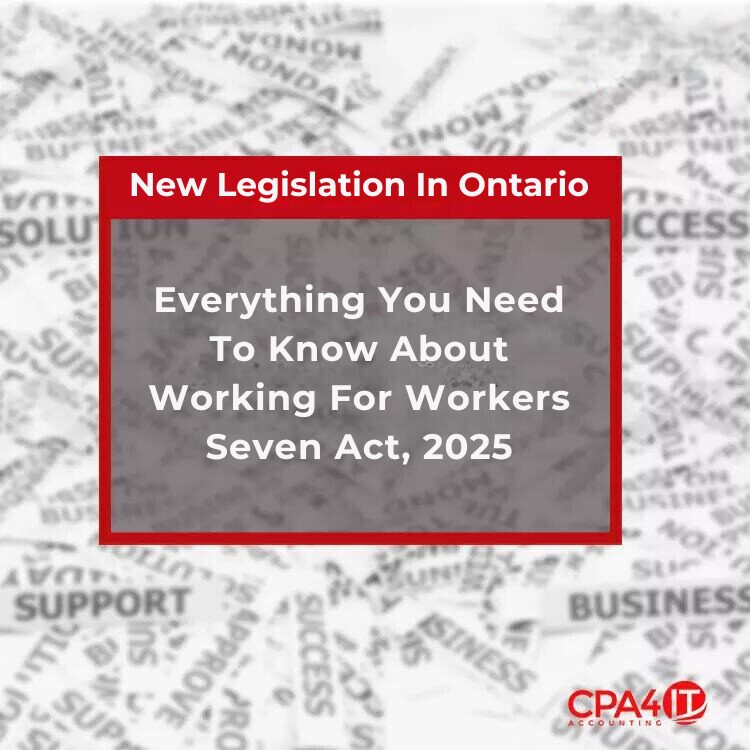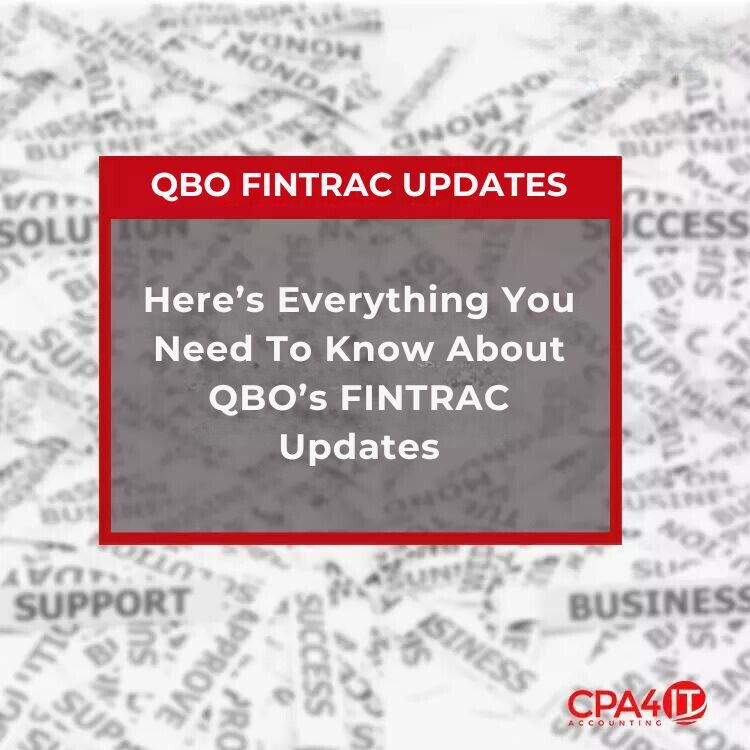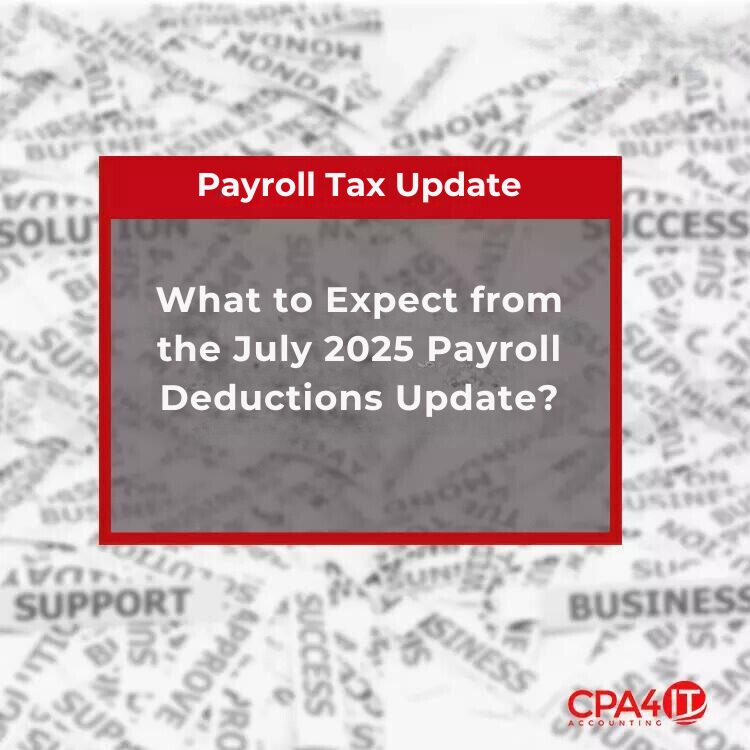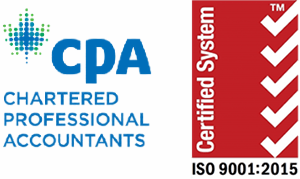The question “How do I pay myself?” has two answers for a small business owner who has set up a corporation; she can pay herself a salary or she can receive dividends. (She can pay herself a mix of both, too, but let’s keep this explanation simple for the moment.) Each way of paying yourself from a corporation has advantages and disadvantages. Here’s a comparison of the two.
Salary or Dividends?
Salary Advantages and Disadvantages
If the corporation pays you a salary, the big advantage is that you have a personal income. This means that:
-You will be able to contribute to an RRSP (depending on your age).
-You will be paying into the Canada Pension Plan (CPP). As your CPP retirement pension is based on how much, and for how long, you contributed to the Plan, this can be an important retirement consideration.
-The salary or bonus paid out will be a tax deduction for the corporation.
-Besides paying yourself, you can do some income-splitting by paying salary to related employees such as a spouse or children.
The big disadvantage to paying yourself a salary from your corporation is that you will have a personal income. Salary is one hundred percent taxable
As for Canada Pension Plan (CPP), note that you will have to pay both portions of CPP as you will be both the employer and the employee.
Another disadvantage is that you will have to do payroll if you’re going to pay yourself a salary. You will have to set up a Payroll account with the Canada Revenue Agency and do all the related paperwork such as preparing T4 slips.
And if you are operating a business whose profits vary from year to year, paying yourself a salary can cause you tax problems because you won’t be able to carry back a business loss in future years, as you could if you had paid yourself by dividends.
Dividend Advantages and Disadvantages
If the corporation pays you dividends, the advantages are:
-Not having to pay into the Canada Pension Plan can save you money.
-Paying yourself with dividends is comparatively simple. You write a cheque to yourself from your corporation and at the end of the year, you update your corporation’s minute book and prepare a director’s resolution for the dividends paid.
However, there are disadvantages, too. Besides the fact that you might want to be paying CPP (Canada Pension Plan) anyhow because not paying it will lessen the amount of CPP you are entitled to when you retire,
-Receiving dividends doesn’t allow you to contribute to an RRSP as you don’t have any income, and;
-Receiving dividends instead of salary can “kill” other possible personal income tax deductions for you, such as child care expense deductions.
Is a Mix of Salary and Dividends Best?
Often, salary/bonus is paid out to ensure the corporation doesn’t earn over $500,000, and then dividends are paid out if more income is required.
This is because $500,000 is the Small Business Limit. Up to this amount of income, a privately controlled Canadian Corporation (CCPC) pays income tax at a much lower rate than it would on income over this amount (at a tax rate of about 12.2% depending on which province it operates from). See Types of Corporations in Canada and Corporate Tax for details on what constitutes a Canadian-controlled private corporation and a summary of its income tax advantages.
So it almost always makes sense to pay enough salary to the owner to reduce the corporate income to this $500,000 level.
However, the “correct” answer to the salary or dividends question is completely dependent on the business owner’s own personal financial circumstances. What is his income level? What are his cash flow needs? What is the corporation’s predicted income for the year? Is RRSP room or other personal income tax deductions important? How old is he?







